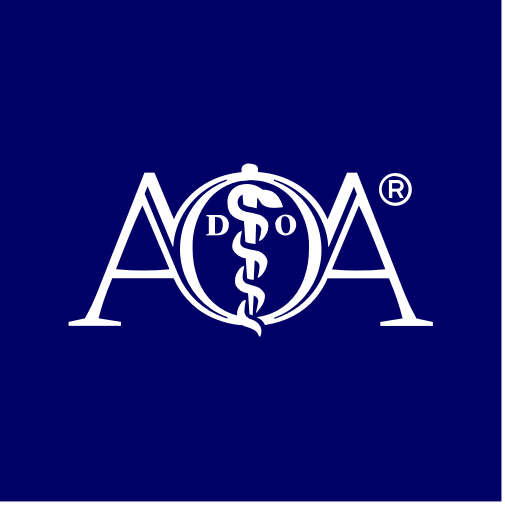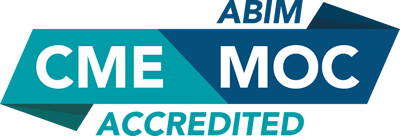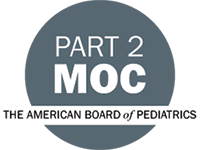
COURSE CREDITS & HOURS
16 AMA PRA Category 1 Credits™16 ACPE Credits
16.0 Contact Hours
16 (part II) MOC points in medical knowledge in the American Board of Internal Medicine's (ABIM) Maintenance of Certification (MOC) program
16 MOC (Part II) points in the American Board of Pediatrics' (ABP) Maintenance of Certification (MOC) program
2 Hours of Pharmacology for Nurse Practitioners
COURSE FEES
TARGET AUDIENCE
PROGRAM PURPOSE
Purpose:
To educate the attendees in many of the common gastroenterological issues faced by the primary care providers for children.
Interventional Cardiology has expanded its impact on not only patient survival but patients quality of life. During these lectures, we will discuss a broad range of topics including coronary atherosclerosis and treatment options including PCI and novel surgical approaches, peripheral arterial disease focusing on limb ischemia. Recent trials and meta analyses of PCI compared to CABG for MVD will be discussed as we discuss developing a plan of care for individuals based upon their co-morbidity
Topics:
- Constipation in Children
- List the common causes and treatment of constipation in children
- GI Case Management Part 1
- Explain the pathophysiology of common gastrointestinal problems thus helping with appropriate treatment approaches
- GI Case Management: Part 2
- Show and Tell
- Identify various non-GI symptoms or signs, associated wtih GI diseases.
- Celiac Disease
- Differentiate signs and symptoms of one of the most common pediatric gastrointestinal problems
- Inflammatory Bowel Disease in Children
- Determine the major issues affecting children with one of the most common chronic diseases in children
- Gastrointestinal Foreign Bodies
- Apply the correct evaluation approach to patients with suspected foreign bodies
- Gastroesophageal Reflux in Children
- Analyze the correct approach to pediatric patients with possible gastroesophageal reflux
- Coronary Revascularization Who, How, What do I do after?
- Describe a strategy for identifying patients likely to benefit from revascularization and understand optimizing care post procedure
- My Leg Hurts When I walk! How to evaluate the patient and what treatment to recommend.
- Develop a differential diagnosis for exertional leg pain
- Determine the appropriate non-invasive tests and develop a plan of care
- Why is My Heart Rate so Funny? The epidemic of Atrial Fibrillation
- Summarize the current knowledge regrading atrial fibrillation and evaluate therapeutic options including medication and LAA occlusion
- MINI CABG: Don1t Crack my Chest: Non sternotomy approaches including hybrid PCI
- Discuss the risks, benefits and patients who might be considered for these procedures
- I thought I was having a stroke and they told me I have a hole in my heart! What now
- Summarize the frequency of PFO in strokes, the relationship of PFO and Atrial septal aneurysms to recurrent events
- Compare treatment options in specific patient groups
- They told me I have a heart murmur, Am I gonna die? How to evaluate valvular heart disease
- Discuss the valve(s) involved, type of disease and the hearts response will allow us to devise and treatment plan
- Mitral Valve Disease: Open it if it sticks and closing it if it leaks
- Assess clinical status, valvular and ventricular function \to create an individualized plan of care




















































